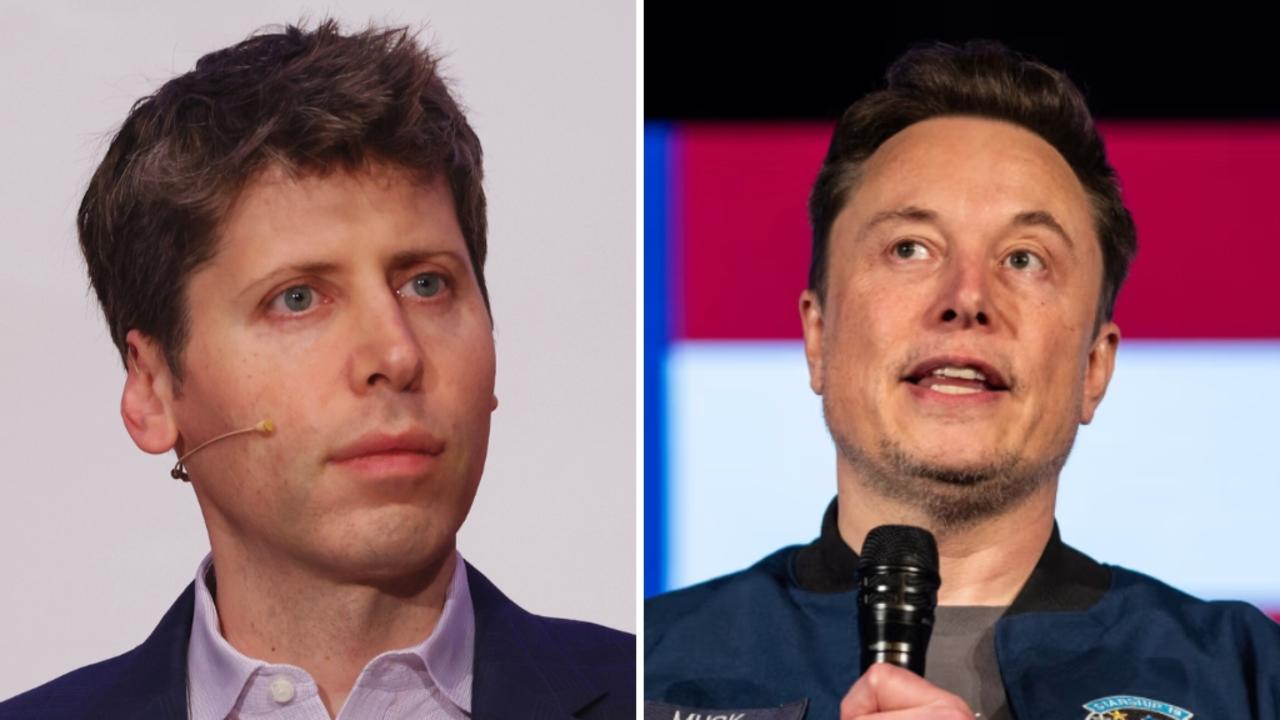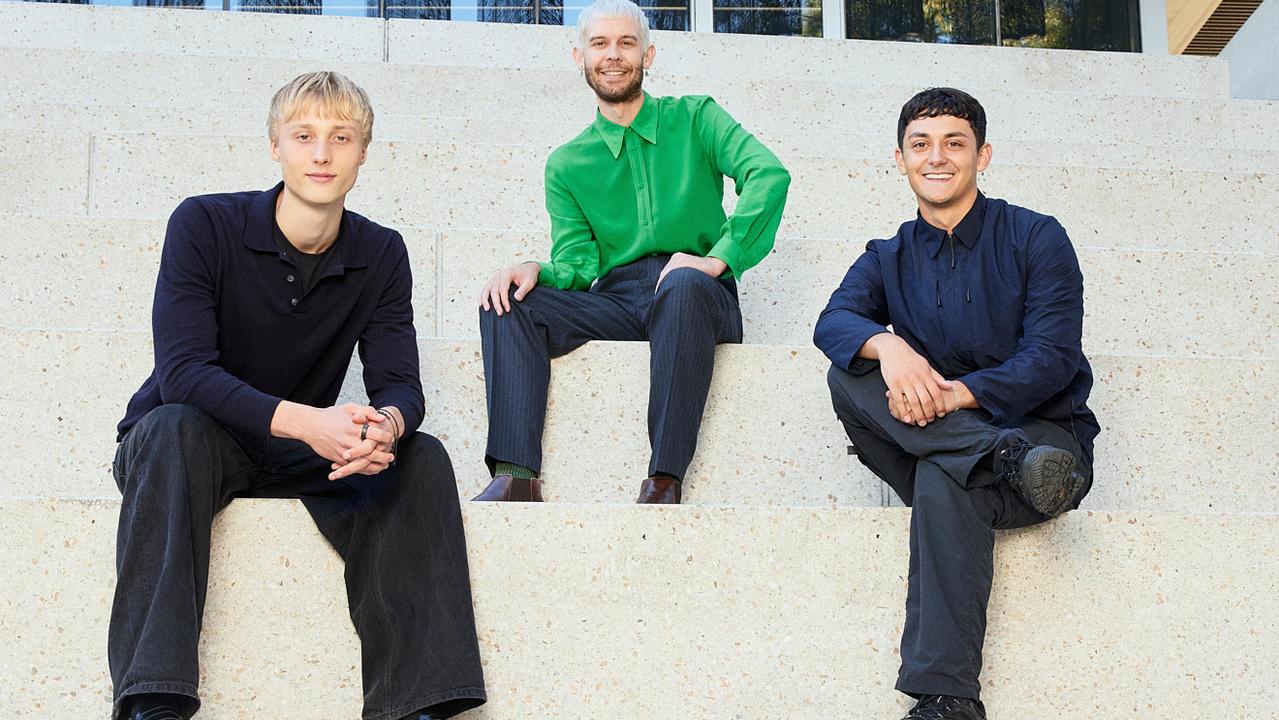TikTok tipped to be a US firm
Embattled social video platform TikTok could reconstitute as a US company to avoid being banned.
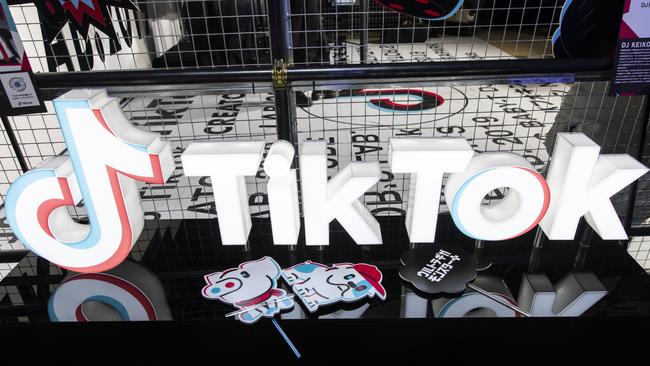
Welcome to The Download, The Australian’s technology blog for the latest breaking tech news.
Chris Griffith 2.30pm: TikTok tipped to become a US company
Embattled social video platform TikTok could reconstitute as a US company to avoid being banned.
Reuters reports that a top White House adviser says he expects TikTok to separate from its Chinese owner and operate as an American company amid growing US concerns about the security of the data handled by the short video app.
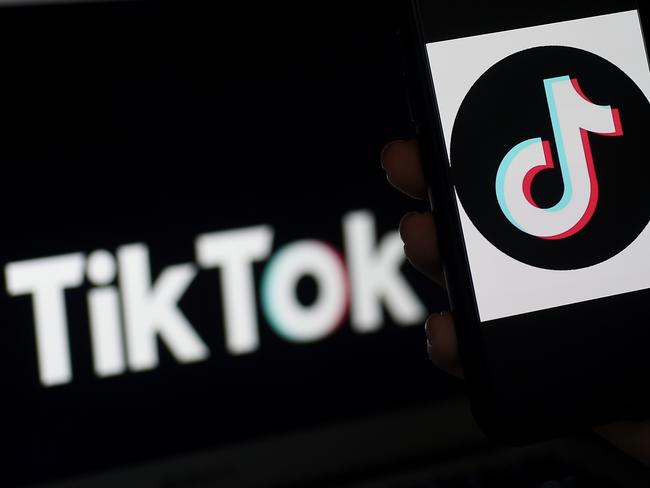
White House economic adviser Larry Kudlow told reporters a move by TikTok to leave Beijing ByteDance Technology, would be a better option than a ban on the app, which was threatened by State Department Secretary Mike Pompeo earlier this month, Reuters reports.
“We haven’t made final decisions but … I think TikTok is going to pull out of the holding company which is China-run and operate as an independent American company,” Kudlow said.
Kudlow did not specify whether TikTok’s ownership would change under the proposed structure. He declined to comment when asked if US companies could acquire TikTok, says Reuters.
TikTok would hope that reconstituting as a US firm would save it from being required to support China’s intelligence gathering activities under the country’s 2017 National Intelligence Law.
The US comments are in line with a report in The Australian this week that TikTok might consider a different corporate structure to avoid Chinese government influence and a ban in Australia and the US.
Australian general manager Lee Hunter said the company was looking at different scenarios and one could be a different corporate structure.
Chris Griffith 1.00pm: Blackmagic announces 12K camera
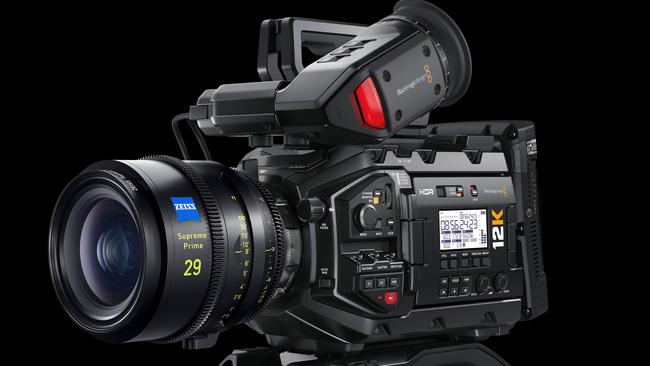
4K is razor sharp, 8K can display crisp images down the sides of buildings, and now we have cameras that shoot 12K? And it’s an Australian firm pioneering it.
Melbourne’s Blackmagic Design has announced what it says is the world’s first 12K camera and it’s aimed at the film industry. It’s suited to high end visual effects and TV shows, compositing live action and computer generated imagery.
It has a 12,288 x 6480 12K Super 35 sensor, 14 stops of dynamic range and native 800 ISO, RAW for real time 12K editing, shoots up to 60 frames per second in 12K, 110 fps at 8K and 220 fps at 4K. There’s the promise of a 10 gigabit per second data transfer speed.
12K at first sounds ridiculous, however, as we found with 8K, film editors have the option to zoom in and select a small section of a frame and blow it up while maintaining its sharpness. This is not just about filming, it’s also about expanding complex editing capability.
The Blackmagic URSA Mini Pro 12K will be available in July for $US9995 ($14,307) which may sound a lot but it isn’t, considering what professional types spend on cameras.
David Swan 11.00am: ‘Now is not the time for a price rise’
Optus and Huawei have responded to Telstra‘s decision to increase its mobile plan prices, declaring that now is not the time for an increase.
Earlier this month, Australia’s biggest telco lifted prices on all of its plans by between $5 and $15 a month, a move it said was because of the company’s extra investment in 5G networks.
An Optus executive said that Optus would not be increasing its prices.
“We’re going to continue to offer customers the best value on our premium national network, and given so many Australians are struggling at the moment, we don’t think increasing prices is the way to go at this time,” Optus marketing and revenue managing director Matt Williams said.
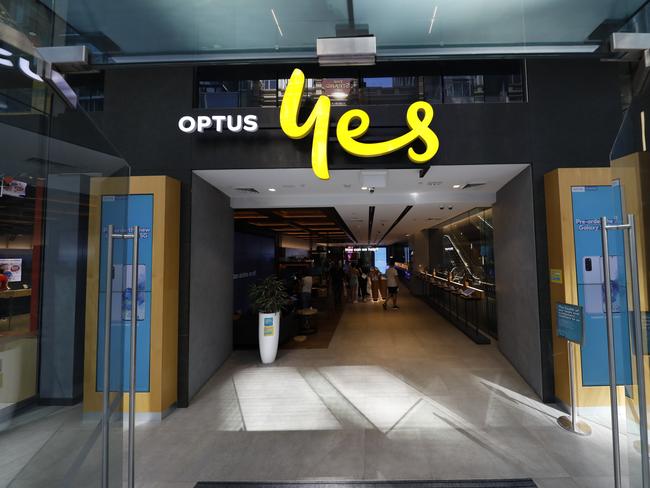
A Vodafone spokeswoman said, “our priority continues to be keeping customers connected throughout the pandemic. That includes financial hardship options, special support initiatives and great value plans including our $60 Red Plus Plan with 100GB max speed data.”
Meanwhile Huawei Australia’s chief corporate affairs officer Jeremy Mitchell said the rise, of between $5 and $15 per month, confirmed Huawei’s prediction that the ban on the Chinese company delivering 5G technology would mean higher mobile prices for Australians.
“Telstra’s price hike reveals the inconvenient truth for the federal government – the Turnbull Government’s 5G ban on Huawei will have to be paid for by ordinary Aussies,” he said.
“Without Huawei adding price competition to the market the European duopoly vendors face no price competition and we now see consumers paying the price for that.
“Telstra’s price hike means an average family of four on some Telstra mobile plans could be paying another $700 per year for their 5G services than they were before.
“Australia already has some of the highest fixed broadband prices in the world thanks to the $151 billion spent on the National Broadband Network – we are now heading the same way on mobile too.”
A Telstra spokesman told The Australian customers who switch to a new plan before September 30 won‘t experience the price rise for 12 months.
“It’s important we find the right balance between adapting to market circumstances and ensuring we are a sustainable business for the future,” the spokesman said.
“Telstra customers have the choice to move up and down between mobile plans to suit their budget and data use because there are no lock-in contracts.”
9.50am: Twitter accounts offered for sale
Before a hacking campaign tore through Twitter and compromised some of its most high-profile users, an ad went up on a grey market site that facilitates the trade of user accounts for popular websites, including not only Twitter but Netflix, Instagram, Minecraft and others.
For $250 in digital currency, the seller promised, they’d reveal the email linked to a Twitter account. And for $2,500, the buyer would get the account itself - satisfaction guaranteed.
“You will be given a full refund if for any reason you aren’t given the email/@,” the poster said, describing the Twitter account with an @ sign.
The ad, a screenshot of which was provided to Reuters by Hudson Rock, an Israeli company that monitors online forums for stolen credentials and breached data, was an early indication that all was not well at Twitter, a company which is still reeling from the hijacking of a slew of VIP accounts, including those belonging to reality television Kim Kardashian, rapper Kanye West, Amazon.com Inc founder Jeff Bezos, and Microsoft Corp co-founder Bill Gates.
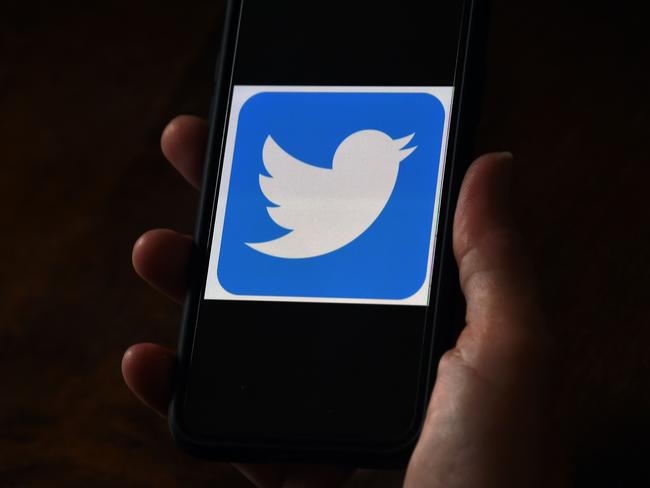
Although the details are still coming into focus - and Twitter and the FBI are still investigating - the fact that early word of the hack spread on a forum popular with gamers and Instagram account swappers suggests that the incident likely had a nexus with low-level cybercrime rather than nation state-level subterfuge.
“This doesn’t look like a particularly sophisticated hacking group,” said Roi Carthy, the chief executive of Hudson Rock.
An administrator at OGUsers, the account trading forum, confirmed that the screenshot was authentic, telling Reuters that the user selling the ad - named “chaewon” - was suspended once those that ran the site realised what was happening.
He added that the site explicitly bans trading accounts acquired through hacking. In theory, social media companies like Twitter and Instagram ban the sale of accounts, but the administrator said internet firms “pick and choose when to enforce that rule” and that the practice was widely tolerated.
“If it was a truly slightly more sophisticated attack, it would’ve been stock market manipulation,” said Carthy.
Reuters
Chris Griffith 8.40am: Twitter users remain locked out
Some Twitter users still cannot access the service following yesterday’s hijacking of high profile accounts for sending out fraudulent tweets.
How hackers infiltrated Twitter’s security system and gained access to verified accounts is the subject of multiple investigations.

The Twitter accounts of Joe Biden, Barack Obama, Uber, Microsoft, Apple, Elon Musk, and Jeff Bezos were among many used by hackers to send out scam tweets asking users to send Bitcoin to a specified destination for double the returns. Blockchain yesterday said a total of 12.58 bitcoins, worth almost $116,000, had been sent to the email addresses mentioned in the fraudulent tweets.
How did it happen on such a grand scale? Morey Haber, CTO & CISO at BeyondTrust says the attack used a classic spear phishing technique that allowed hackers into the Twitter environment and access to its specialised administrative tools that offer unrestricted access.
“While the attack itself is not special, nor some elaborate zero-day threat, the ramifications of personnel within Twitter having such tools and access to highly profile accounts is a serious concern.”
He suggests administrative tools that Twitter staff use to access user accounts (for valid reasons such as dealing with complaints) is a major security vulnerability.
The Wall Street Journal reports that the FBI is investigating the hacking, citing concerns that the vulnerability of the company’s systems could pose broader risks to international security. It reports that New York Governor Andrew Cuomo has asked the state’s Department of Financial Services to investigate the attack.
The Journal says even midlevel insiders can access the technological inner sanctum, leaving sensitive data vulnerable.
Twitter’s initial response was to disable verified accounts so they couldn’t be used for sending more fraudulent tweets. While some accounts are up and running, other verified Twitter accounts are still disabled.
“As part of the additional security measures we’ve taken, you may not have been able to reset your password. Other than the accounts that are still locked, people should be able to reset their password now,” Twitter Support said in a post early today AEST.
“If your account was locked, this does not necessarily mean we have evidence that the account was compromised or accessed. So far, we believe only a small subset of these locked accounts were compromised, but are still investigating and will inform those who were affected.”
7.45am: Russian hackers target vaccine
US, UK and Canadian government officials have blamed a prominent state-backed Russian hacking group for ongoing cyber espionage against organisations involved in the development of coronavirus vaccines and other health-care-related work, reflecting an escalation of security risks at a crucial time in the global response to the pandemic.
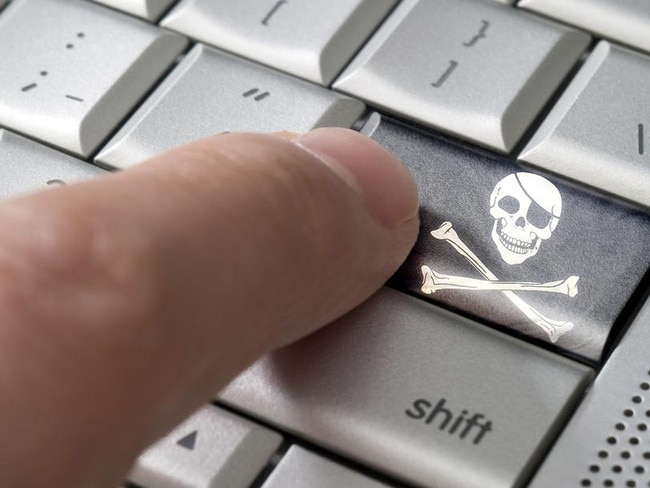
Western intelligence officials said that they jointly assessed Russia as the source of the persistent hacking activity in several countries. The targets, officials said, include governments, think tanks, universities, private companies and other organisations working on vaccine research and testing globally.
The attacks are designed to steal intellectual property related to the response to COVID-19, the US National Security Agency, along with its British and Canadian counterparts, said.
Efforts to develop a vaccine have become an international arms race, with winners seen as benefiting from access to treatments that would help improve national health and economic stability. Those factors make the scientific secrets behind vaccine development valuable.
The accusation comes as coronavirus cases have surged in the US, with confirmed cases climbing to more than 3.5 million a little over a week after crossing the 3 million mark, and as newly reported infections around the world reached a record. The US, which saw a single-day record 67,417 new confirmed cases on Tuesday, added about 66,300 on Wednesday, according to Johns Hopkins University.
The Western officials identified the hacking group as Russia-supported APT29, which is also known as Cozy Bear. APT29 is widely viewed by cybersecurity experts to be a sophisticated and prolific cyber unit associated with Russian intelligence and has previously been linked to attacks on the White House, the U.S. State Department, the Democratic National Committee and European governments.
“Throughout 2020, APT 29 has targeted various organisations involved in COVID-19 vaccine development in Canada, the United States and the United Kingdom, highly likely with the intention of stealing information and intellectual property relating to the development and testing of COVID-19 vaccines,” British, American and Canadian security.
The Wall Street Journal

